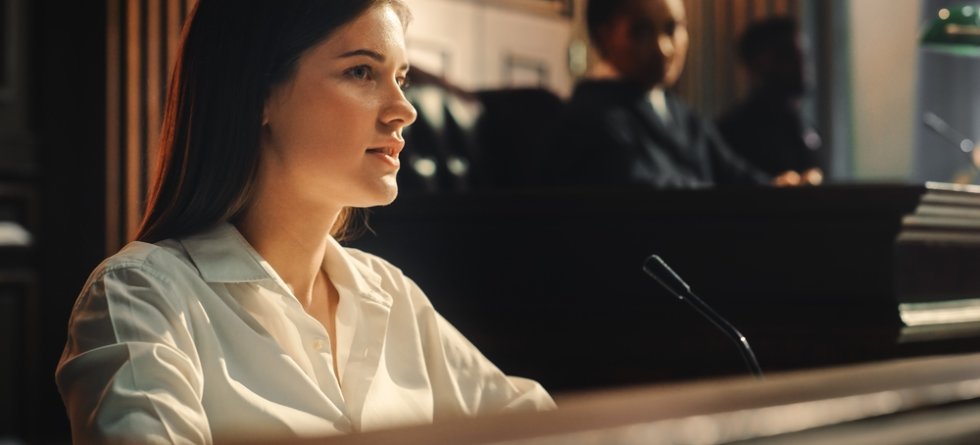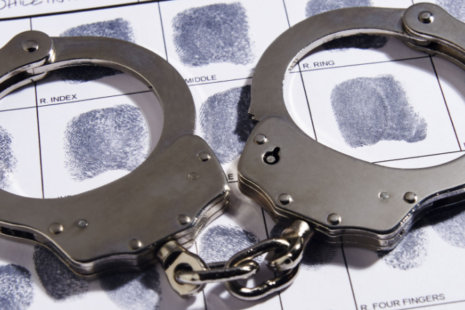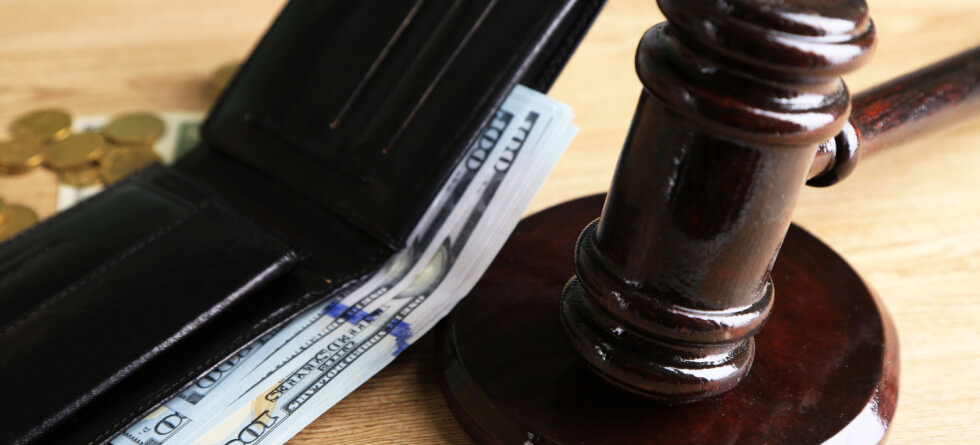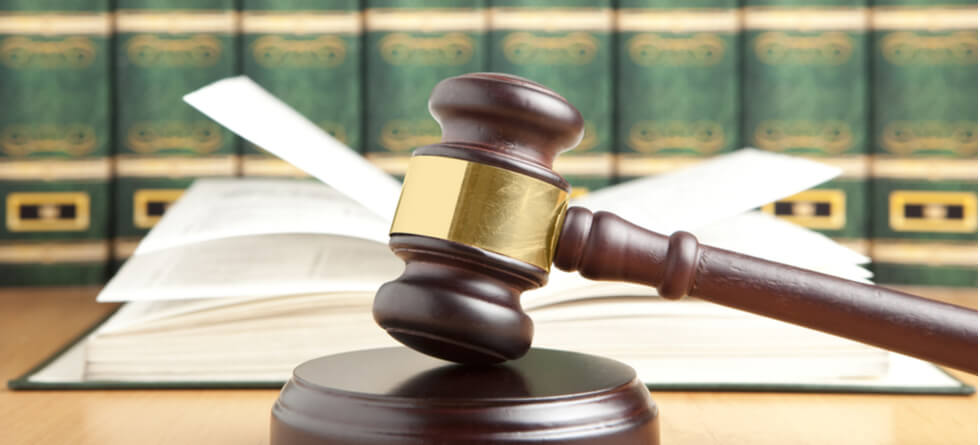Yes, witnesses are generally allowed in the courtroom during relevant portions of the proceedings. Witnesses play a crucial role in providing testimony and evidence to assist in determining facts in a case. They may be called by the prosecution, defense, or the court itself, depending on the nature of the case and the jurisdiction’s legal procedures.
Here are some key points regarding witnesses in the courtroom:
- Testimony: Witnesses are called to provide their firsthand knowledge or expertise on matters relevant to the case. They may be asked to answer questions from the attorneys, the judge, or both, under oath or affirmation.
- Exclusionary rule: Witnesses may be excluded from the courtroom before testifying. This is done to prevent their testimony from being influenced by other witnesses or to maintain the integrity of their recollections.
- Witness waiting areas: Courthouses often have designated waiting areas for witnesses. These areas allow witnesses to wait before they are called to testify and may also offer facilities for comfort and privacy.
- Sequestration of witnesses: In certain cases, witnesses may be sequestered, which means they are kept apart from other witnesses and the proceedings until their turn to testify. This is done to ensure that their testimony is not influenced by hearing the testimony of others.
It’s important to note that specific rules and procedures regarding witnesses can vary between jurisdictions and courts. Suppose you have concerns or questions about witnesses in a particular case or jurisdiction. In that case, it’s advisable to consult with legal professionals or court officials who can provide you with accurate and up-to-date information based on the specific circumstances.






